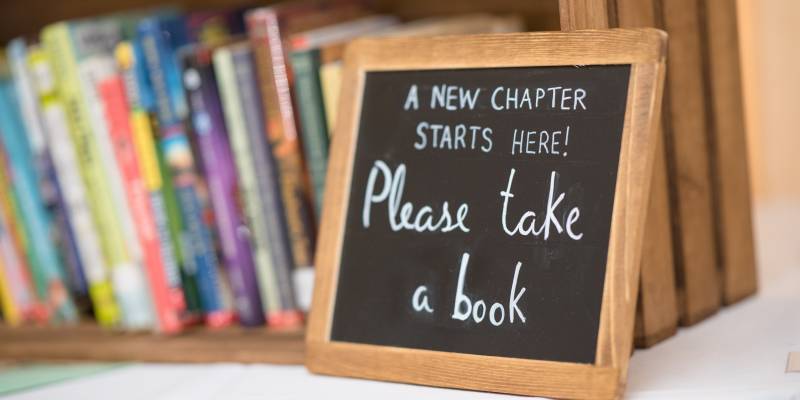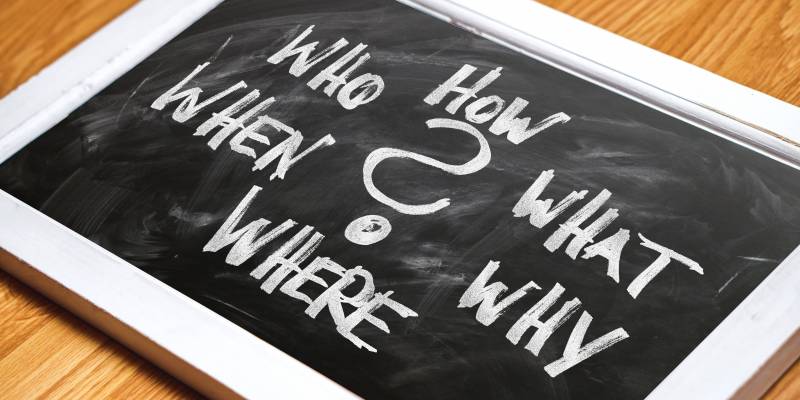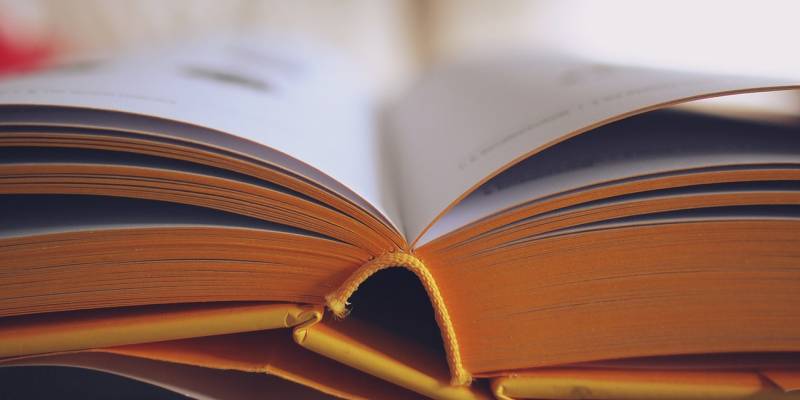-
How to Teach Comprehension

Posted by Sharon Callen
What is Comprehension? Comprehension is 'intentional thinking during which meaning is constructed through interactions between text and reader.' (Harris & Hodges,1995) It is personal. It is active thinking. What comprehension strategies do good readers use? Effective readers are processing text continuously. They draw on a range of strategies and employ...
-
How to Support Powerful Reading Responses

Posted by Sharon Callen
What are Reading Response Journals? Reading Response Journals are books in which students write, draw, detail, describe, explore, organize, ponder, problem solve, record and share their thinking in response to texts heard, read and viewed. During reading, the author's meaning connects or transacts with the readers. Rosenblatt refers to two...
-
How to Help Readers Talk About Texts to Develop Comprehension

Posted by Sharon Callen
'Time for students to talk about their reading and writing is perhaps one of the most underused, yet easy-to-implement, elements of instruction.' Allington & Gabriel Our students must be involved in analytical interactions in the discussions about the texts being read. Interchanges between a teacher and the students that are...
-
Teachific Tips: Unable to Find Resources?
Posted by Sharon Callen
Hi all, If you are having trouble finding resources, try the following: On the home page, click on Resources at the top Search by Category, or Year Level or both then click 'Go'. Then select a sub category from the horizontal menu. Scroll through the resources. Click on 'Show More'...
-
How to Plan an Effective Reading Curriculum

Posted by Sharon Callen
Reading Curriculum Essentials Teachers’ knowledge of all of the strategies and processes used by effective readers is crucial because these strategies and processes form the content of what every teacher needs to teach all students to do when they are reading. The processes and strategies are: The reading process Comprehension...
-
What Will You Read to Your Students Today?

Posted by Sharon Callen
Reading aloud is the foundation for literacy development. Long after a child has learnt to read for themselves, the value of hearing stories being read aloud does not diminish. It is the single most important activity for reading success (Bredekamp, Copple & Neuman, 2000). As teachers, we couldn't agree more....
Archive
- December 2024
- November 2024
- October 2024
- September 2024
- August 2024
- July 2024
- June 2024
- May 2024
- April 2024
- March 2024
- February 2024
- January 2024
- December 2023
- November 2023
- October 2023
- September 2023
- August 2023
- July 2023
- June 2023
- May 2023
- April 2023
- March 2023
- December 2022
- November 2022
- October 2022
- September 2022
- August 2022
- July 2022
- June 2022
- May 2022
- January 2022
- July 2021
- June 2021
- May 2021
- March 2021
- October 2020
- July 2020
- April 2020
- January 2020
- November 2019
- May 2019
- April 2019
- March 2019
- February 2019
- July 2018
- April 2018
- March 2018
- January 2018
